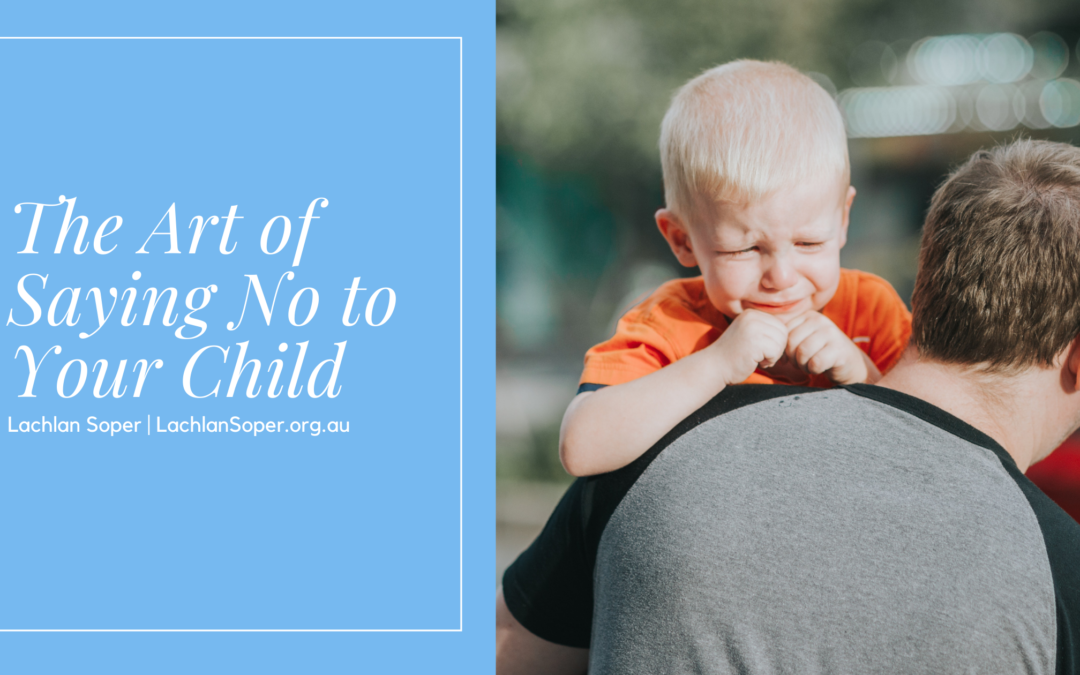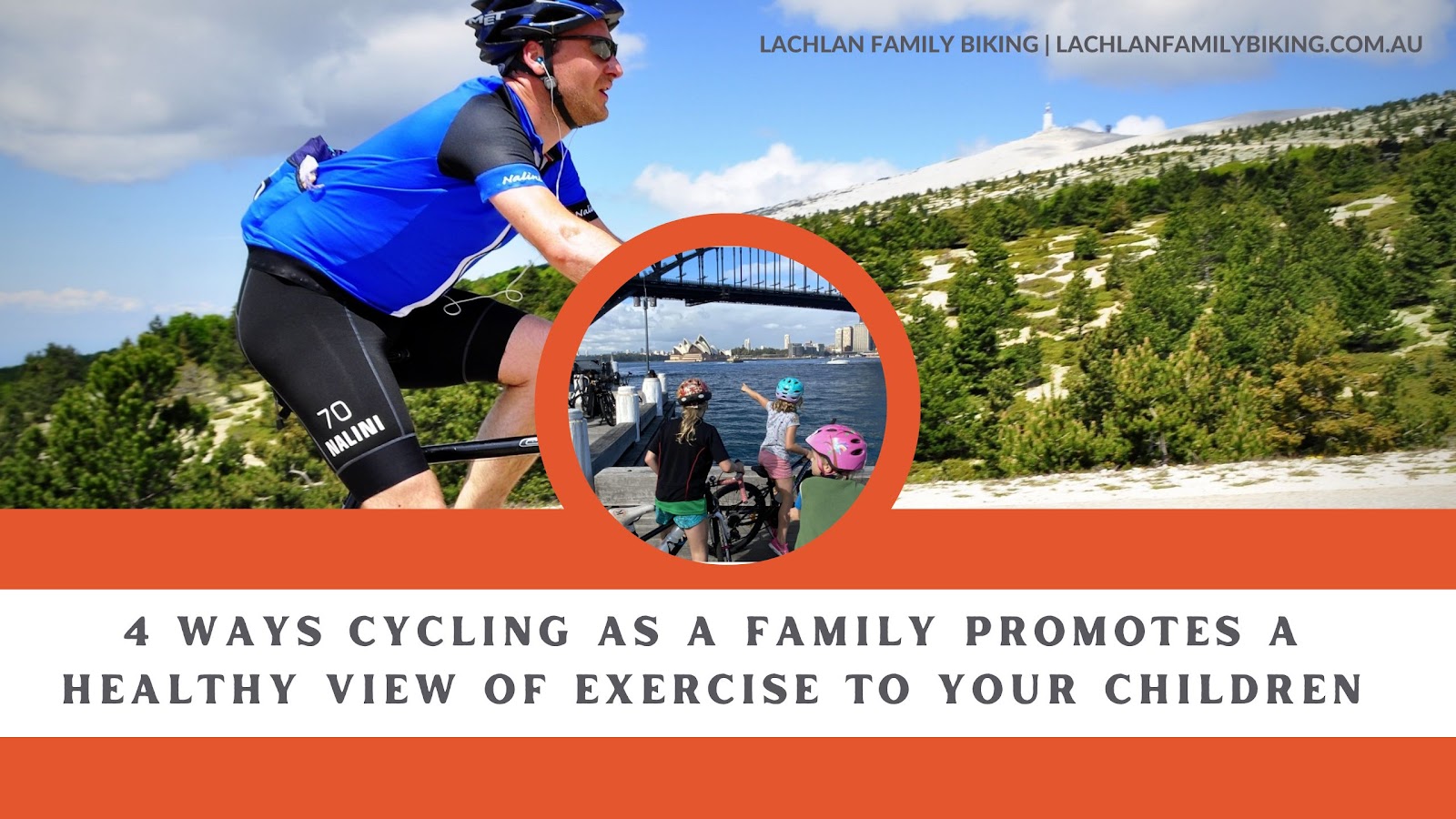The Art of Saying No to Your Child

When a parent tells their child they can’t do something it’s because they have a reason behind it. Whether you tell them they can’t go to the park to play or hang out with a friend after school, the word ‘no’ has to be said every once in a while (and sometimes quite often, depending on the personality of your child).
If you don’t set boundaries with your child from a young age, they will grow up and assume they don’t have to ask for permission once a teenager. Some ways of saying no are more effective than others and can help you show your children that you care for them. Here are some ways you can say no to your child and show that you mean it.
Give a Definite Answer
It’s normal for children to get upset when they ask for something and receive a “We’ll see…” or “It depends…” as the answer. If you want to say no, then just say it clearly. To show them that you’re serious, be sure to say it in a firm, yet caring tone. There could be times when your answer is ‘maybe’ because of other factors but make that clear to the children. This is a situation where the “When … then” technique could be helpful. Eg: “When you have unpacked your bags, put them away, emptied the dishwasher and tidied your room, then, you can have 30 minutes of screen time”. One thing about children is that they don’t forget when a promise is made to them.
Explain Yourself
After the whining and begging, many children want to know why they were told no in the first place. Offer a short explanation to help your child understand your decision. This could help them see why you said this and steer them away from thinking you’re just being a mean parent. For example, if they ask to go to the pool with some friends and you don’t think it’s too good of an idea because of their swimming skills, then just be clear about it. Without explanations, children can become angry and make decisions they shouldn’t on their own.
But this can also be a fine line, because it can be tempting for children to not respect your answer if they feel that your “reason” isn’t good enough. So then perhaps reassurance is helpful eg: “You know that I love you, that I care for you and want the best for you, and wherever possible do all I can to facilitate you having a fun time. You need to trust that there are times that where I am making what I believe to be the best decision for you and the family”
Make Yourself Clear
No means no and let that be clear. If your child is begging and pleading a case the last thing you should do is change your no to a yes. After doing that your child will take anything you say with a grain of salt and assume that they can change your mind on other occasions. You’re the adult so you should be firm in this situation. There may be times when you change your mind but also be clear as to why it happened so that the kids don’t assume that you’re a pushover to change your mind.
This article was originally published on https://LachlanSoper.org.au/



Comments
Post a Comment